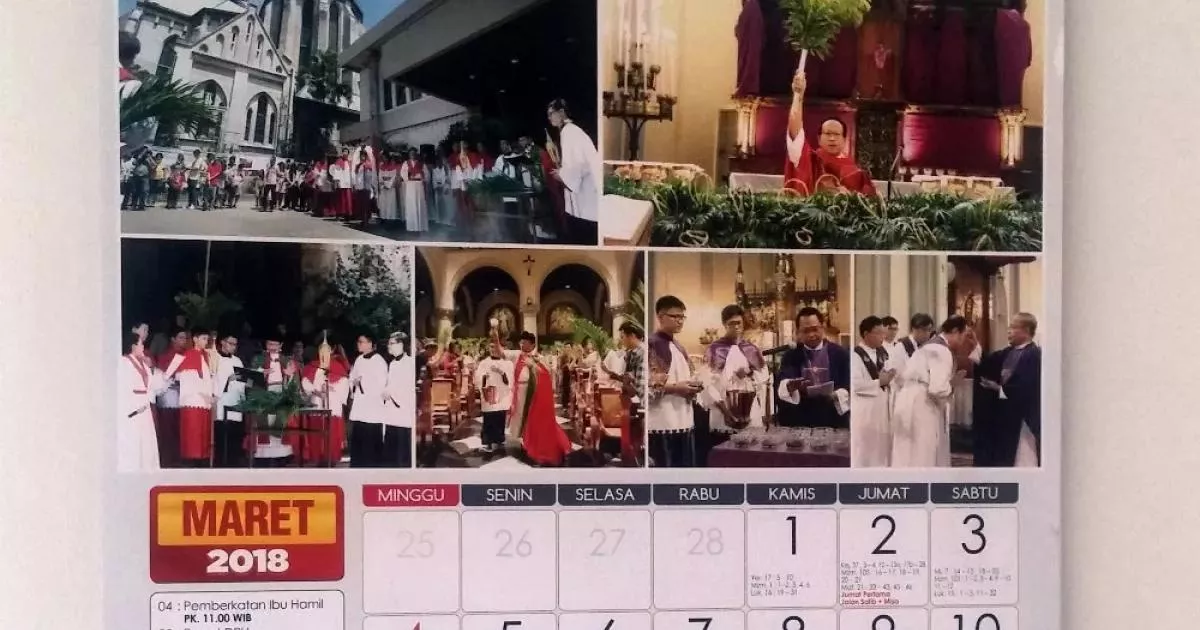Calendars are systems for organizing days by naming time periods like days, weeks, months, and years. A date specifies a single day within this system. Calendars can be physical records (like wall or desk calendars) or lists of planned events (like court calendars), and can sometimes be chronological lists of documents. Essentially, they provide ways to structure and track time, and schedule occurrences.
1923: Greece Adopts Gregorian Calendar
In 1923, Greece became the last European country to adopt the Gregorian calendar. This highlights the eventual widespread adoption of the Gregorian calendar across Europe.
2000: Revised Julian Calendar Leap Year
The year 2000 was recognized as a leap year in the Revised Julian Calendar, demonstrating the alignment between the Revised Julian and Gregorian calendars.
2006: Different Calendar Baselines
In 2006, Japan used a regnal calendar, basing its year on the reign of Emperor Akihito. This exemplifies how different cultures use varying baselines for their calendars.
Trending

2 hours ago Warriors face play-in, Curry's injury raises concerns, Kerr lowers expectations, Moody's role?

2 hours ago Stephen A. Smith criticizes Draymond Green's comments on Nico Harrison as unfair.

2 hours ago Kris Dunn Recovered From Injury, Briefly Exited Game After Elbow Contact

2 hours ago Al Horford's Role Shifts: Back to Starting Lineup, Then Bench, Mindset Revealed.

3 hours ago Jafar Panahi faces restrictions, continues filmmaking despite adversity and imprisonment in Iran.
52 minutes ago Filipowski Fouls Jokic; Harkless Joins Lineup: Basketball Updates in Nuggets, Jazz, and More
Popular

Jesse Jackson is an American civil rights activist politician and...

Hillary Diane Rodham Clinton is a prominent American politician lawyer...

Jim Carrey is a Canadian-American actor and comedian celebrated for...

XXXTentacion born Jahseh Dwayne Ricardo Onfroy was a controversial yet...

Michael Joseph Jackson the King of Pop was a highly...

Kashyap Pramod Patel is an American lawyer who became the...
